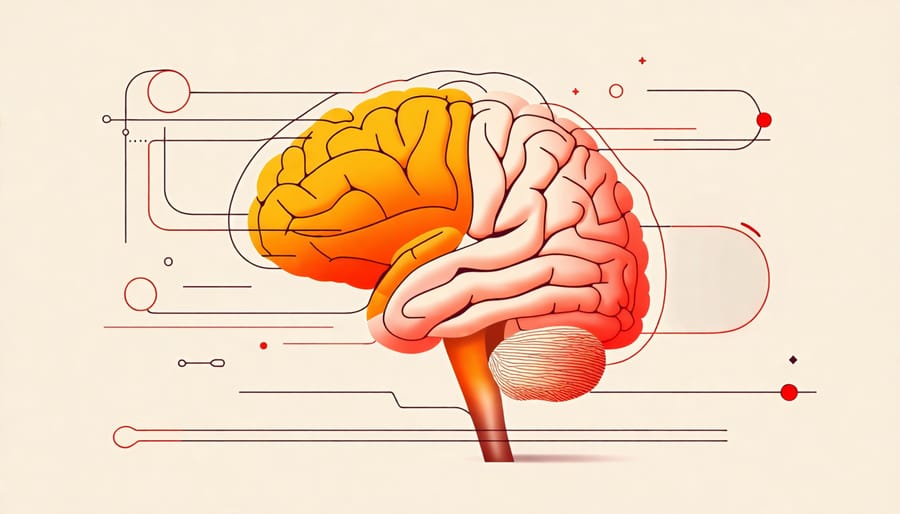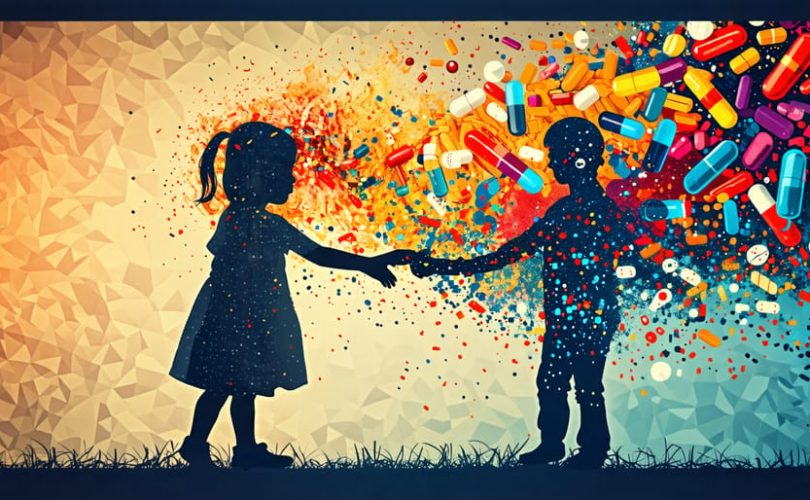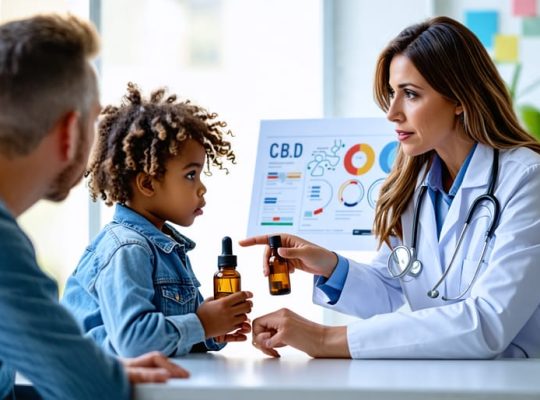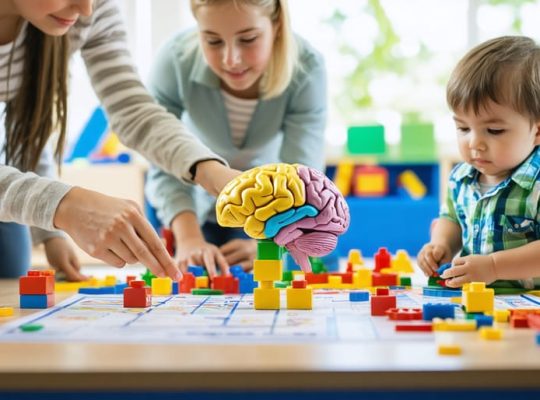Substance use and mental health are intricately intertwined, with each exacerbating the other in a vicious cycle that can devastate lives. When individuals turn to drugs or alcohol to cope with undiagnosed or untreated mental health issues like depression, anxiety, or trauma, they may find temporary relief – but ultimately, substance abuse only worsens these underlying conditions. Conversely, chronic substance use can directly trigger or aggravate mental health problems by altering brain chemistry and functioning.
This complex bidirectional relationship is especially harmful for children and adolescents, whose developing brains are uniquely vulnerable to the impact of both parental substance abuse and early experimentation with drugs or alcohol. Understanding this critical link between substance use and mental health is key to breaking the cycle and providing effective prevention, intervention, and treatment for those who struggle with these co-occurring disorders. By integrating mental health and addiction services, raising awareness, reducing stigma, and supporting research into new therapies, we can offer hope and healing to the millions affected by this complex public health crisis.
The Developing Brain: Vulnerabilities to Substance Abuse

Impaired Neurodevelopment
The developing brain is particularly vulnerable to the harmful effects of substance use. Exposure to drugs and alcohol during critical periods of neurodevelopment can disrupt the normal formation of neural pathways and lead to long-lasting consequences. For example, prenatal exposure to alcohol can cause fetal alcohol spectrum disorders, which are associated with intellectual disabilities, learning difficulties, and behavioral problems.
Adolescence is another sensitive period for brain development, as the prefrontal cortex, which is responsible for decision-making, impulse control, and emotional regulation, continues to mature into early adulthood. Substance use during this time can interfere with the natural pruning and refinement of neural connections, leading to impaired cognitive abilities, increased risk-taking behavior, and difficulty with emotion regulation.
Moreover, early initiation of substance use is associated with a higher likelihood of developing addiction later in life. This is because the brain’s reward system is still developing during adolescence, making it more susceptible to the reinforcing effects of drugs and alcohol. Chronic substance use can also lead to changes in brain structure and function, such as reduced volume in the hippocampus, which is important for memory and learning, and altered activity in the prefrontal cortex, which can affect decision-making and impulse control.
Increased Risk of Mental Health Disorders
Substance use during critical developmental periods can significantly increase the risk of mental health disorders. Adolescents who engage in early substance use are more likely to develop depression, anxiety, ADHD, and other mental health conditions. This vulnerability arises from the complex interplay between genetic predispositions, environmental factors, and the impact of substances on the developing brain. Substances can alter brain chemistry and structure, disrupting the delicate balance needed for optimal mental health. Moreover, substance use can exacerbate pre-existing mental health issues and hinder the development of healthy coping mechanisms. Recognizing these risks is crucial for early intervention and prevention strategies.

The Vicious Cycle: Substance Abuse and Mental Health
Self-Medication and Addiction
Children who struggle with emotional pain, trauma, or untreated mental health issues may turn to drugs or alcohol as a way to cope or self-medicate. While substances may provide temporary relief, they can quickly lead to dependence and addiction. When children rely on drugs or alcohol to numb their feelings, they miss out on developing healthy coping mechanisms and problem-solving skills. Over time, substance abuse can worsen existing mental health problems and create new ones, trapping children in a vicious cycle. It’s crucial for parents, teachers, and healthcare providers to recognize the signs of self-medication and intervene early. By providing a safe, supportive environment and access to appropriate mental health treatment, we can help children build resilience, develop positive coping strategies, and break free from the grip of addiction. Remember, it’s never too early or too late to seek help and support a child’s mental well-being.
Worsening Symptoms and Co-Occurring Disorders
When left untreated, substance abuse can exacerbate existing mental health symptoms and lead to the development of co-occurring disorders. The complex interplay between substance use and mental illness creates a vicious cycle, with each condition fueling the other. For example, someone struggling with depression may turn to alcohol to numb their pain, but the alcohol ultimately worsens their depressive symptoms. As mental health declines, the individual may increase their substance use, perpetuating the cycle. This dangerous combination can make treatment more challenging, as both disorders must be addressed simultaneously for lasting recovery. Early intervention and comprehensive care are crucial to breaking the cycle and restoring well-being.
Breaking the Cycle: Prevention and Treatment Strategies
Early Education and Prevention
Early education is crucial in preventing substance abuse and its detrimental effects on mental health. By teaching children about the risks associated with substance use, we can empower them to make informed decisions and develop healthy coping mechanisms. Parents and educators should foster open, non-judgmental communication with children, creating a safe space for them to express their thoughts and feelings. This can help children feel more comfortable seeking help when faced with stress, anxiety, or peer pressure. Additionally, teaching children emotional regulation skills, such as deep breathing, mindfulness, and problem-solving, can equip them with tools to manage difficult situations without turning to substances. By incorporating these strategies into a comprehensive prevention approach, we can help protect children’s mental health and reduce the likelihood of substance abuse in the future.

Recognizing Red Flags
Parents and teachers should be aware of red flags that may signal substance abuse or mental health issues in children and teens. These include sudden changes in mood, behavior, or academic performance; withdrawal from friends and activities; secretiveness; and physical signs like bloodshot eyes or unusual odors. If you notice these warning signs, approach your child with compassion and concern. Listen openly, express your support, and avoid judgment or accusations. Seeking help from a qualified mental health professional is crucial for proper assessment, diagnosis, and treatment. Remember, early intervention can make a significant difference in your child’s well-being and future.
Integrated Treatment Approaches
When it comes to helping children struggling with both substance use and mental health issues, an integrated treatment approach is crucial. Addressing these challenges separately often leads to poor outcomes, as the complex interplay between addiction and mental illness requires a holistic, coordinated response. Comprehensive, evidence-based treatment programs tailored to each child’s unique needs offer the best chance for lasting recovery and improved well-being. These programs combine addiction treatment, mental health therapy, family support, and life skills training to help children build resilience and develop healthy coping strategies. By addressing the root causes of substance use and mental health challenges simultaneously, integrated treatment approaches give children the tools they need to overcome their struggles and thrive. Remember, recovery is possible with the right support and a compassionate, understanding environment that nurtures your child’s inherent strengths and potential.
Conclusion
The effects of substance use on children’s mental health are profound and far-reaching. However, it’s crucial to remember that recovery is possible with the right support and interventions. By raising awareness about the risks and consequences of substance abuse, we can work together to prevent more children from falling into the trap of addiction. Early intervention is key – the sooner we can identify and address substance use issues in children, the better their chances of achieving lasting recovery and mental well-being.
It’s also important to recognize the incredible resilience of children who have struggled with substance use and mental health challenges. With the love and support of family, friends, and professionals, these brave young people can overcome even the toughest obstacles and go on to lead fulfilling, healthy lives. By providing them with the tools and resources they need to heal and thrive, we can help them build a brighter future for themselves and for generations to come.
So let us approach this issue with compassion, understanding, and hope. Together, we can make a real difference in the lives of children affected by substance use and mental illness. By spreading awareness, promoting prevention, and ensuring access to quality treatment, we can help countless young people reclaim their mental health and reach their full potential.







